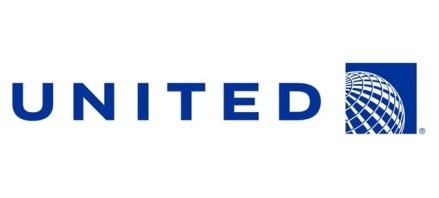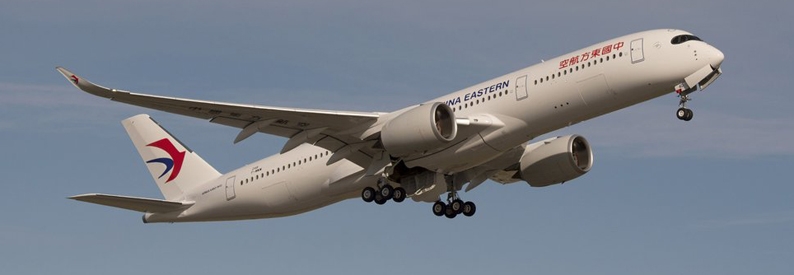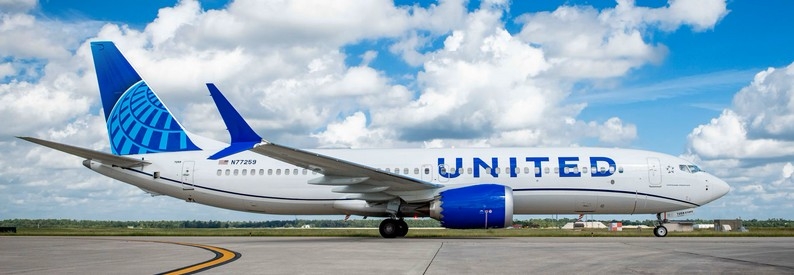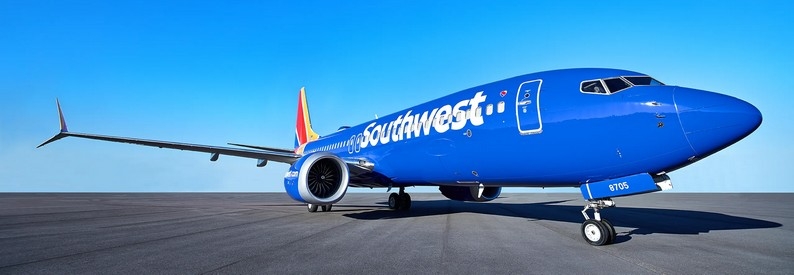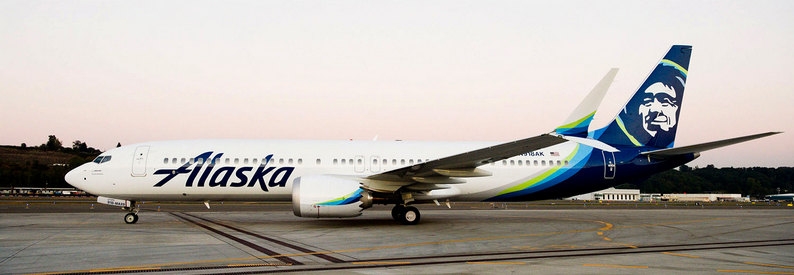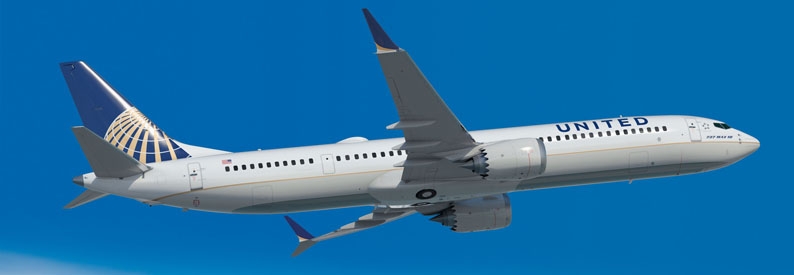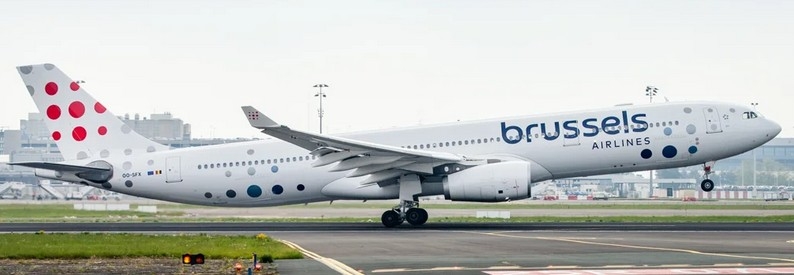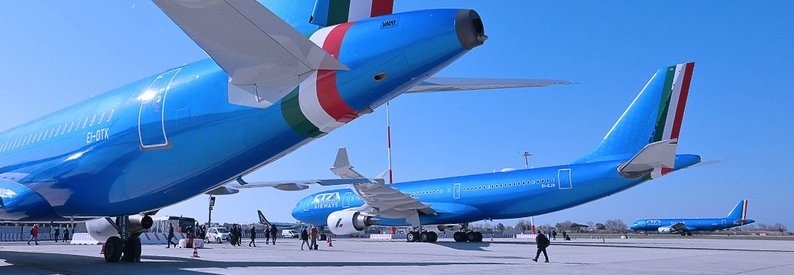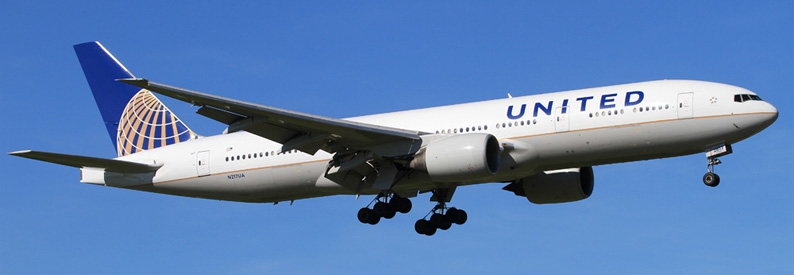The US Federal Aviation Administration (FAA) is temporarily waiving minimum slot-use requirements at several major airports in the United States “to help airlines that cancel flights due to the coronavirus,” it announced in a statement on March 11.
Under normal circumstances, airlines can lose their slots at congested airports if they fail to use them at least 80% of the time. The FAA is waiving this rule, until May 31, for US and non-US airlines that have affected flights.
The authority said it hoped US carriers would, in turn, be given similar relief at airports in other countries, “and may determine not to grant a waiver to a foreign carrier whose home jurisdiction does not reciprocate.”
It will continue to monitor the virus’ effect on travel demand, it said, and may adjust its new slot-use waiver according to the circumstances.
The decision affects flights at New York JFK, New York La Guardia, and Washington National. The FAA said it would also not punish airlines that cancel flights at four other airports, Chicago O'Hare, Los Angeles International, New York Newark, and San Francisco.
Media on both sides of the Atlantic have reported how the “80/20 rule” on slots in the US was causing airlines to fly empty aircraft, or “ghost flights”, to maintain their slots. On March 10, the European Union suspended its own rules requiring airlines to operate 80% of their flights to keep their slots.
Industry leaders had already called on the FAA to waive the rule. The president of United Airlines, Scott Kirby, said during an investor conference on March 10 that it was “ridiculous” to enforce the slot-use rule in the middle of a virus outbreak, saying: “Flying empty airplanes to protect slots? How ridiculous is that?” And JetBlue Airways CEO Robin Hayes told CNBC that empty planes flying around Europe “is madness”.
